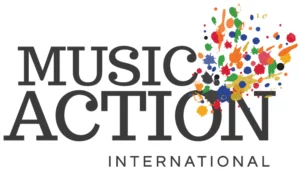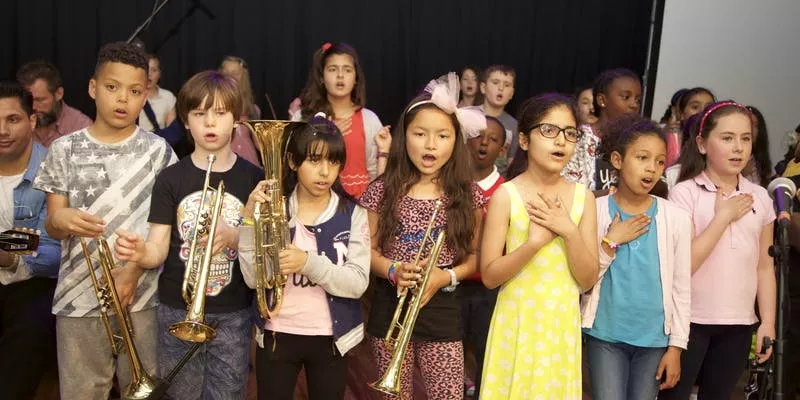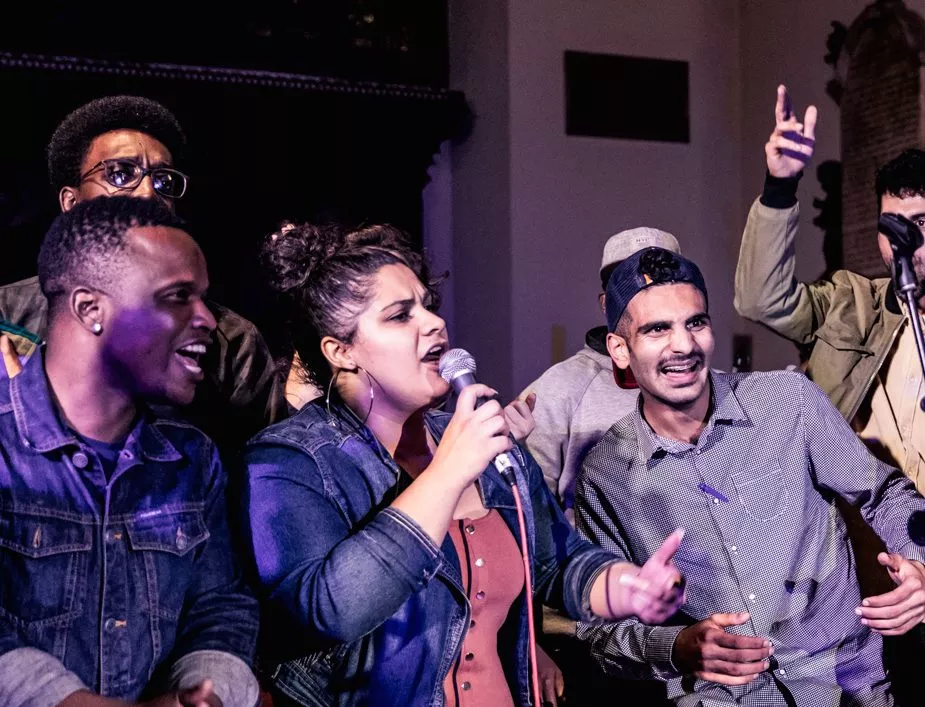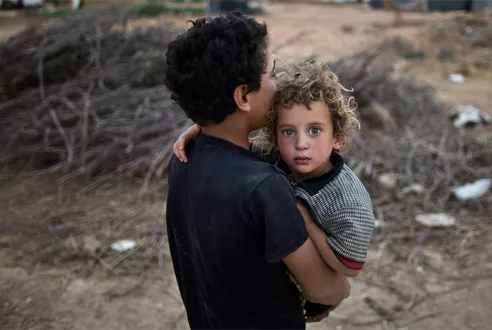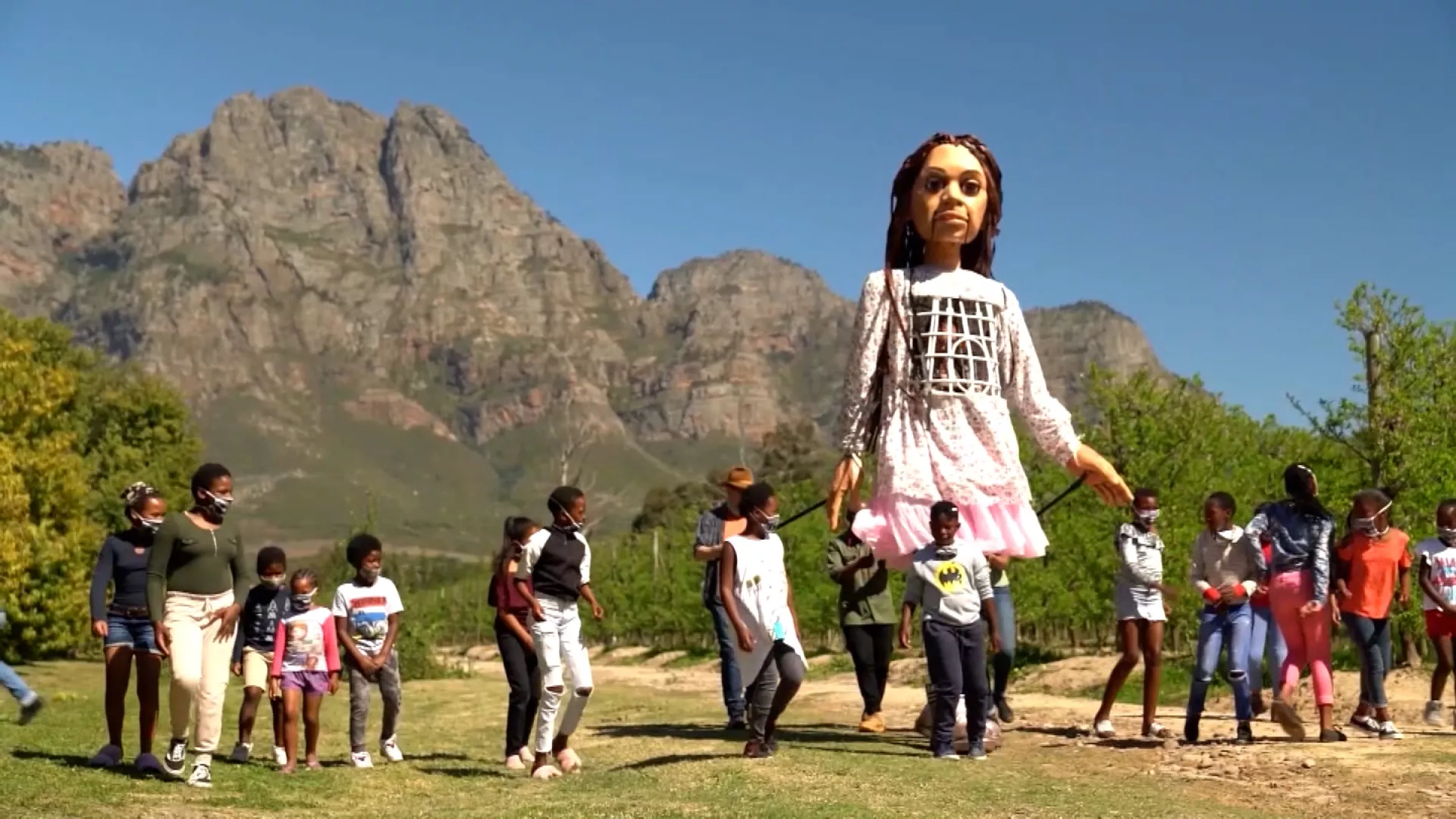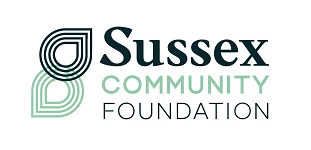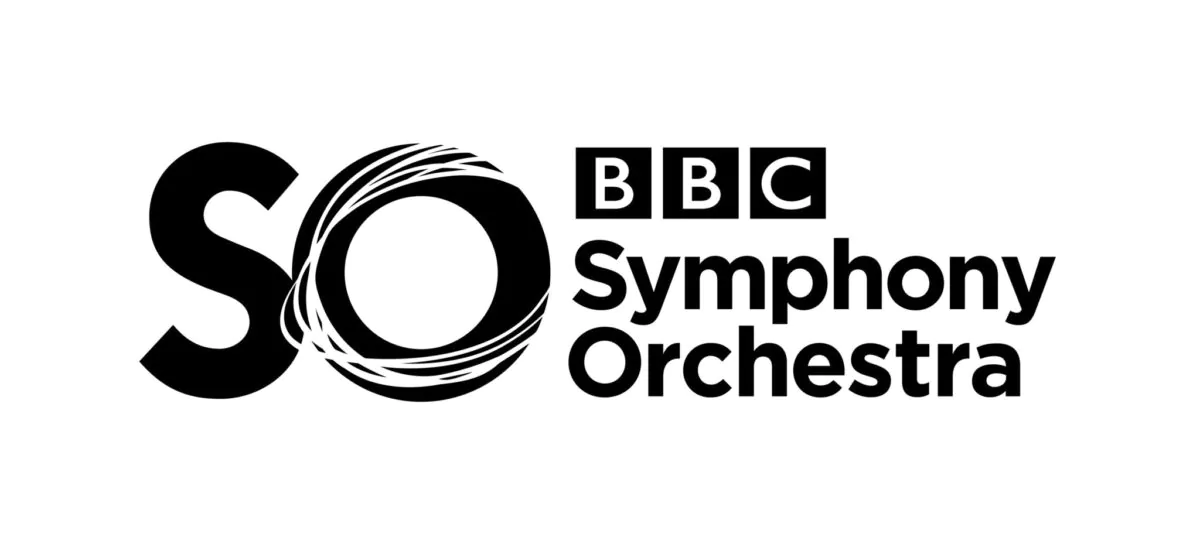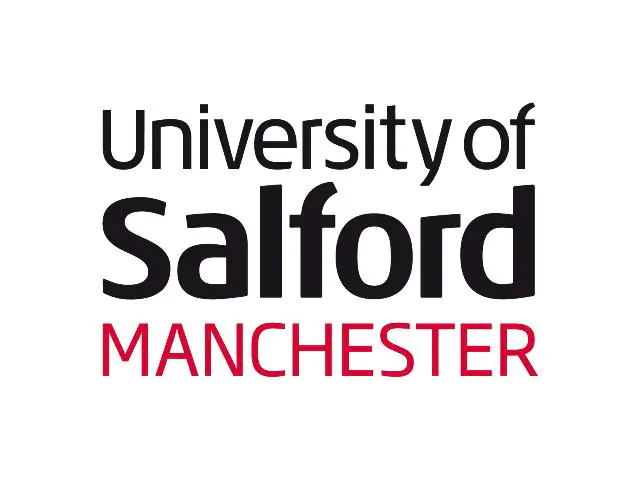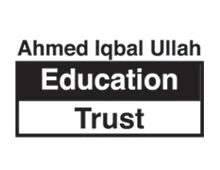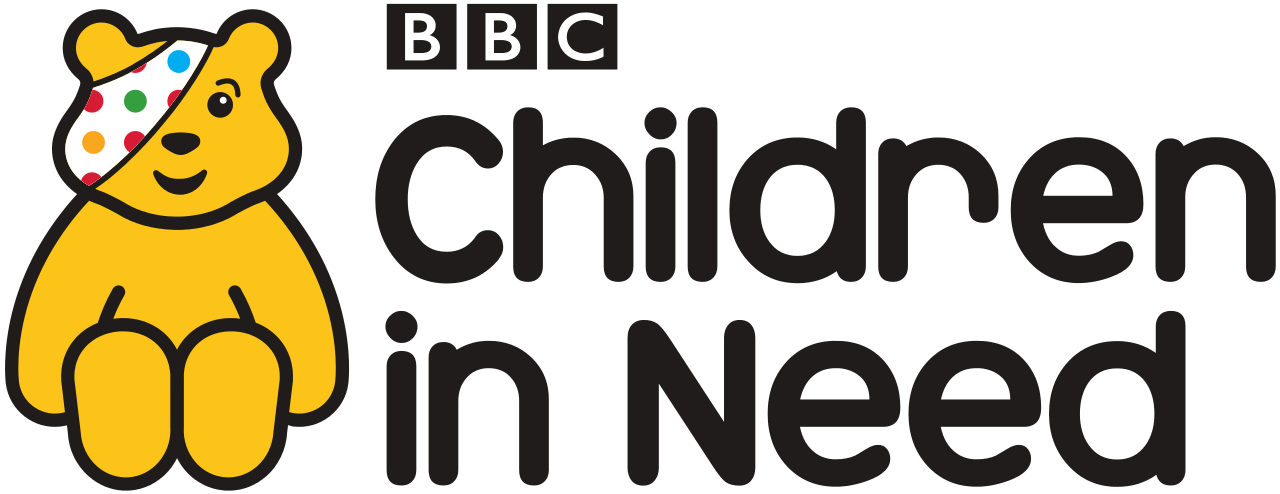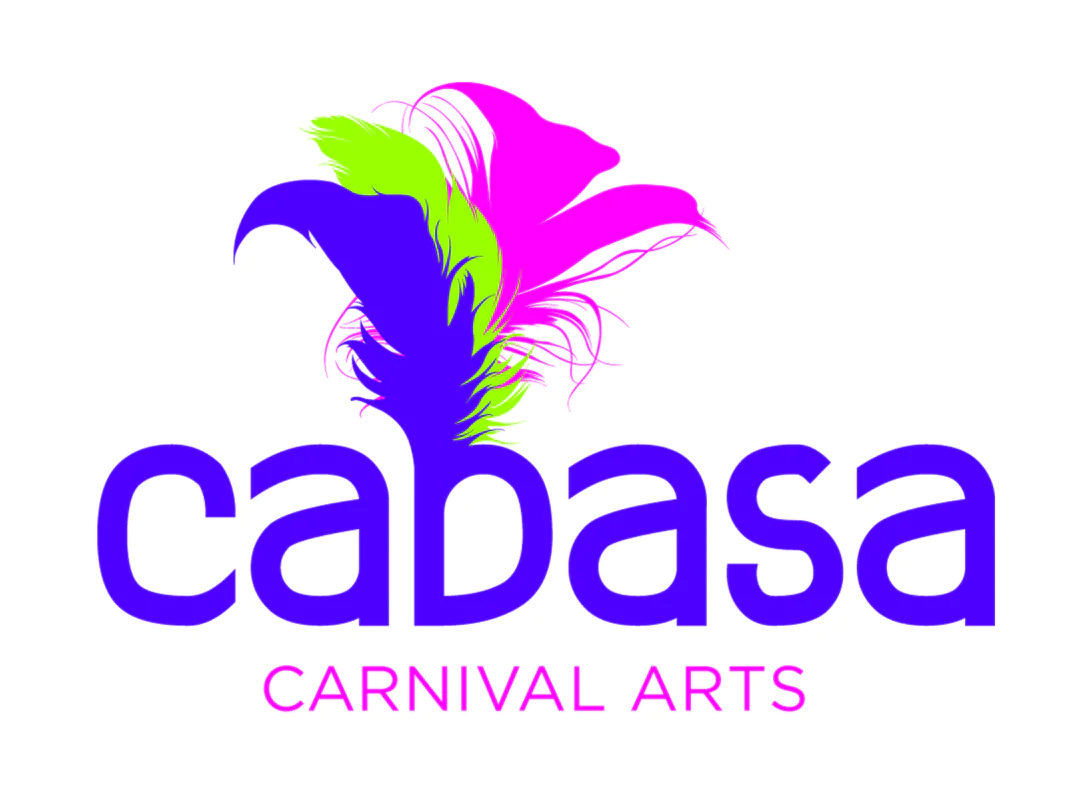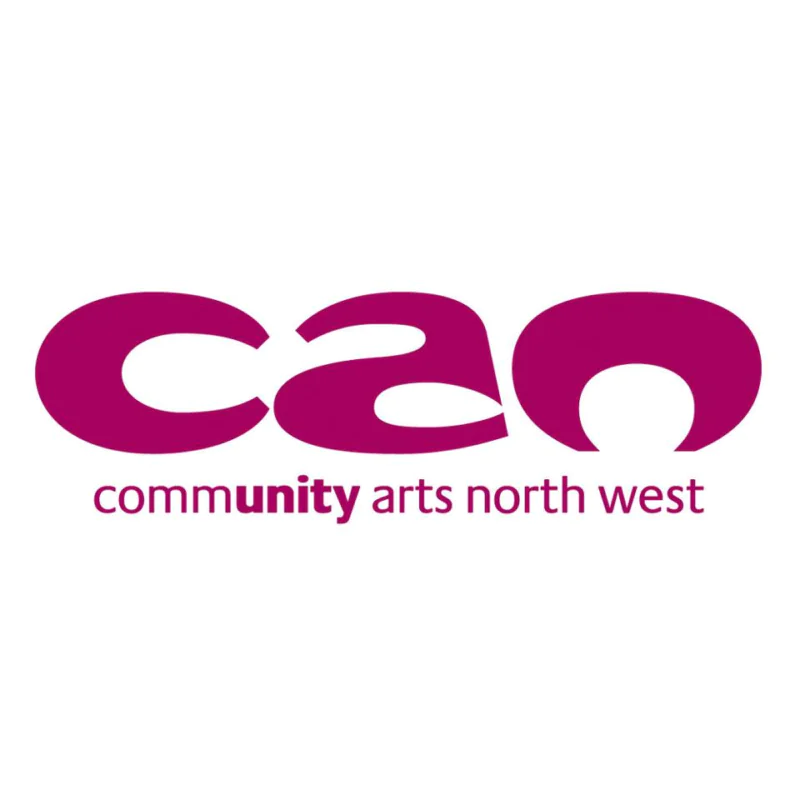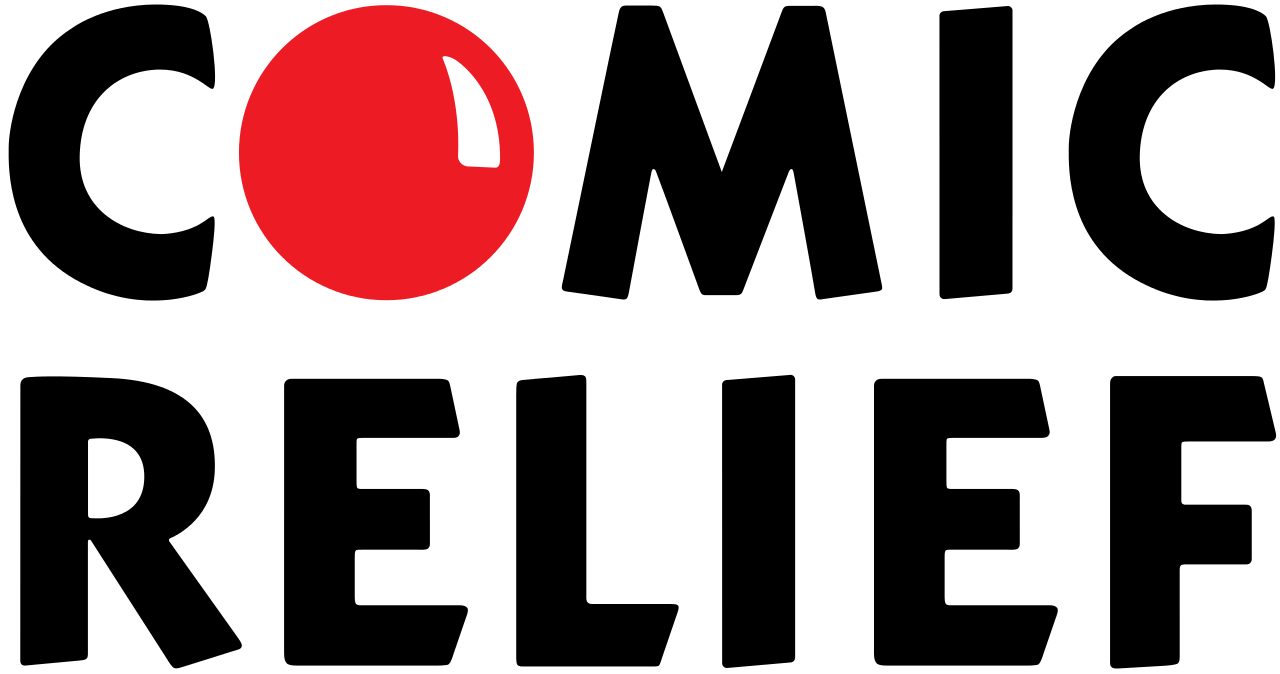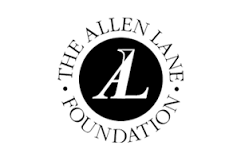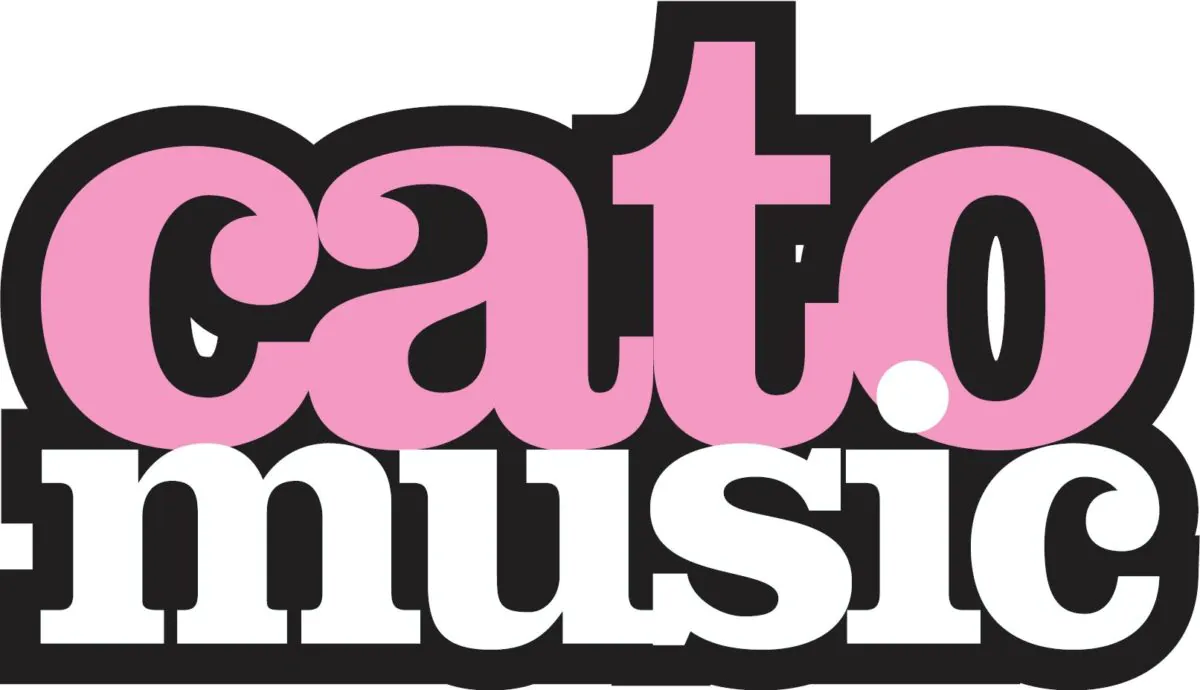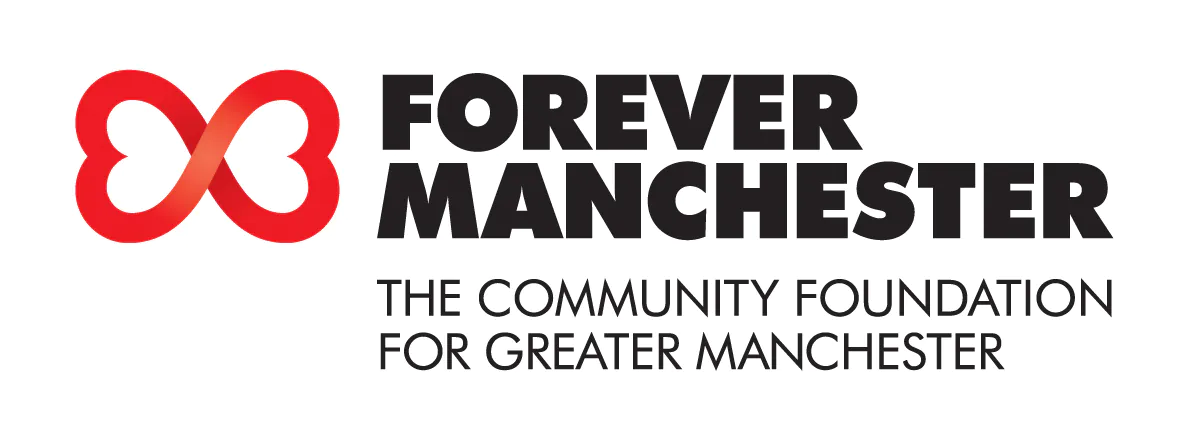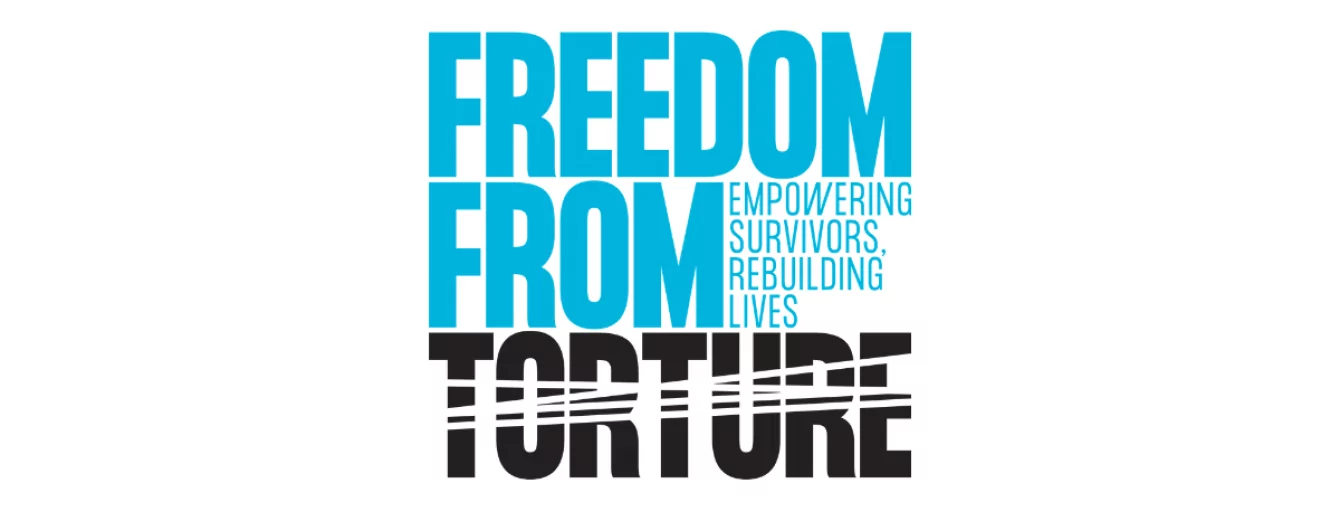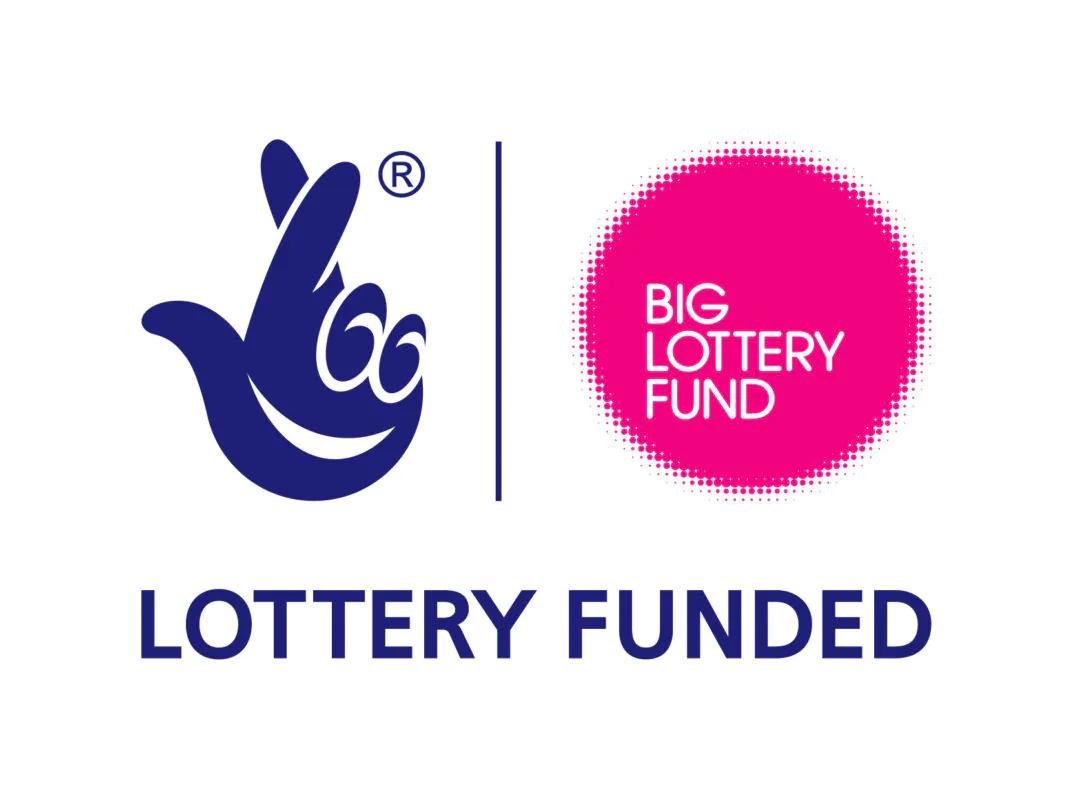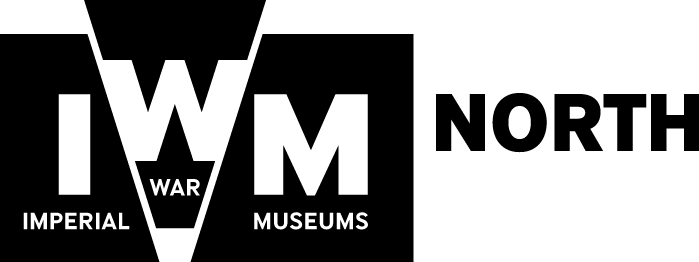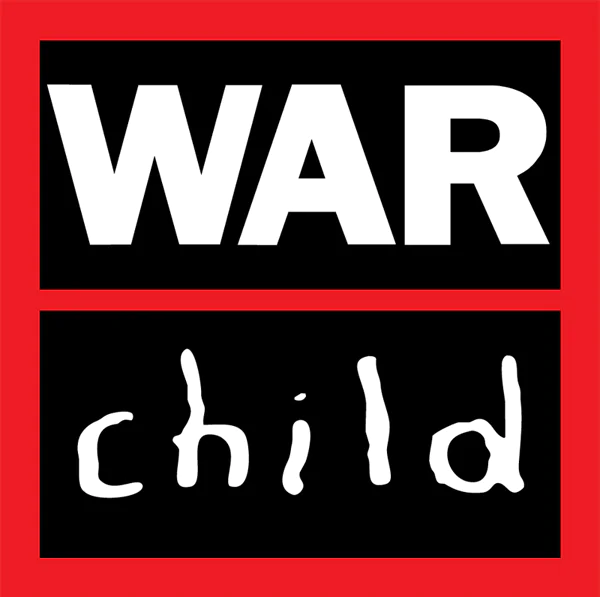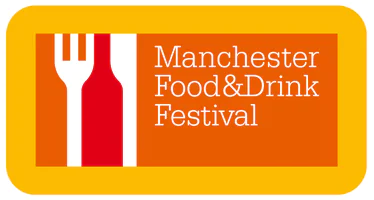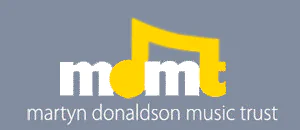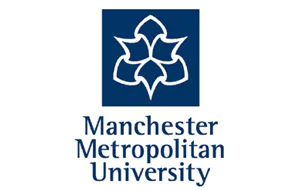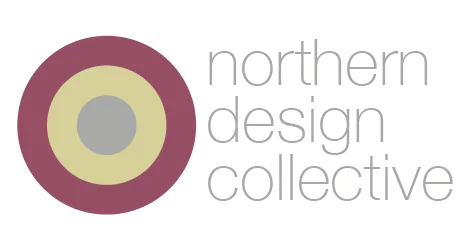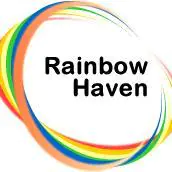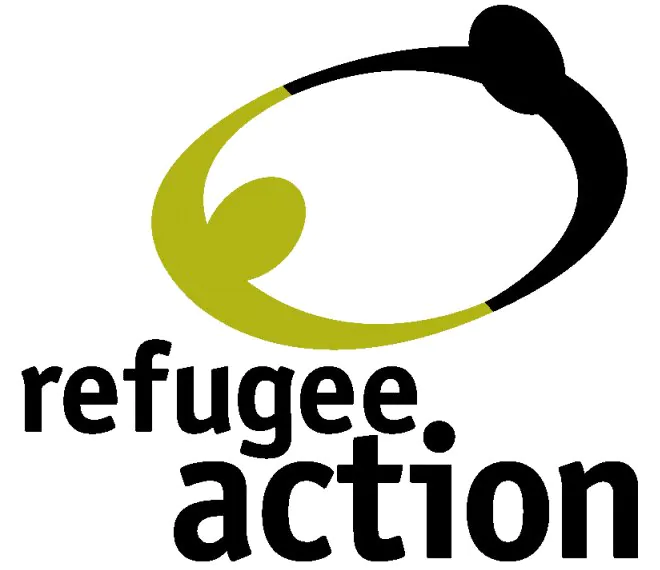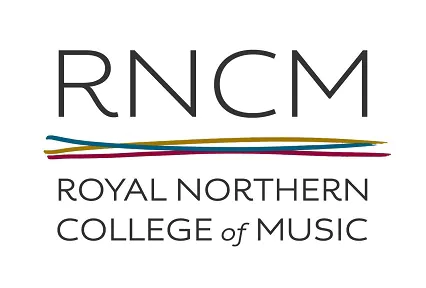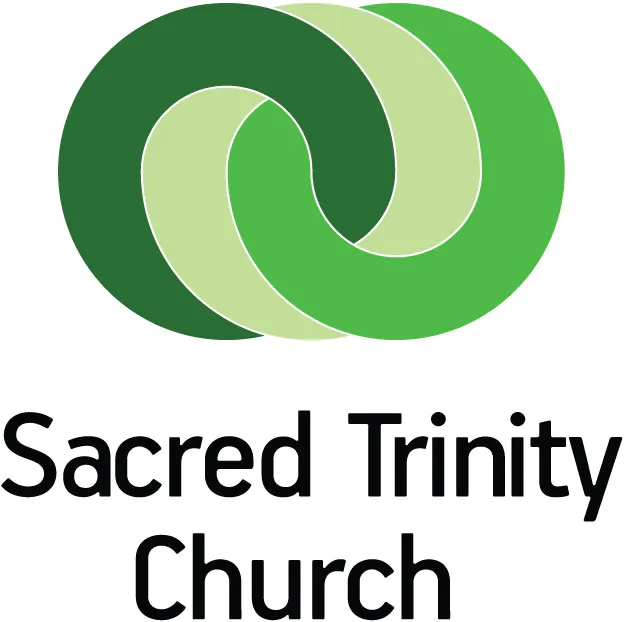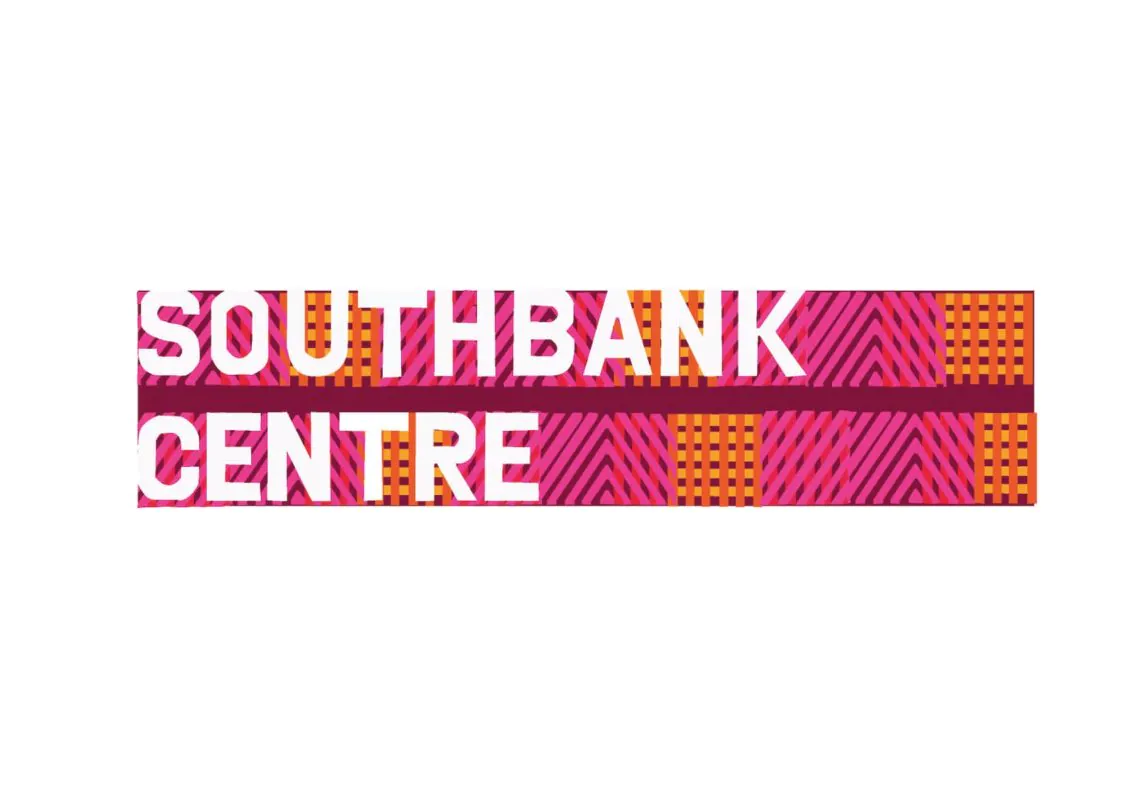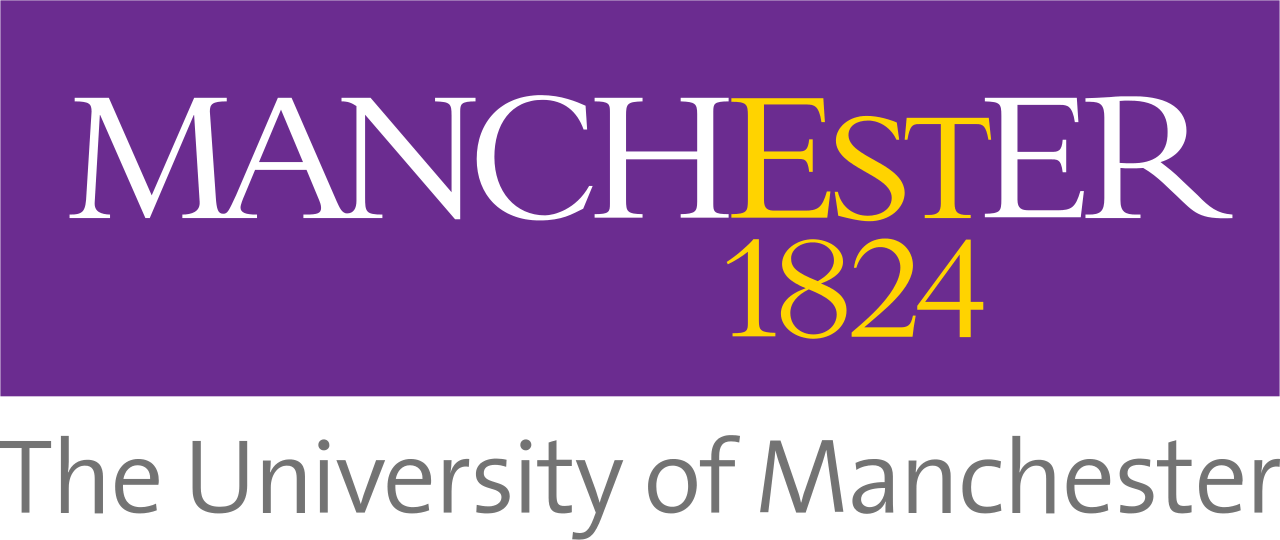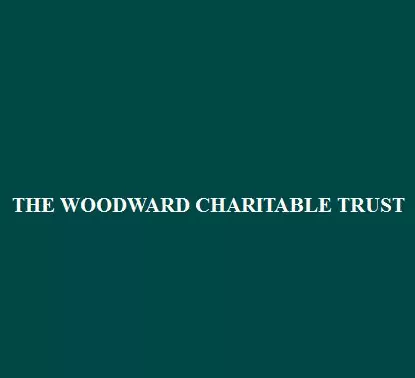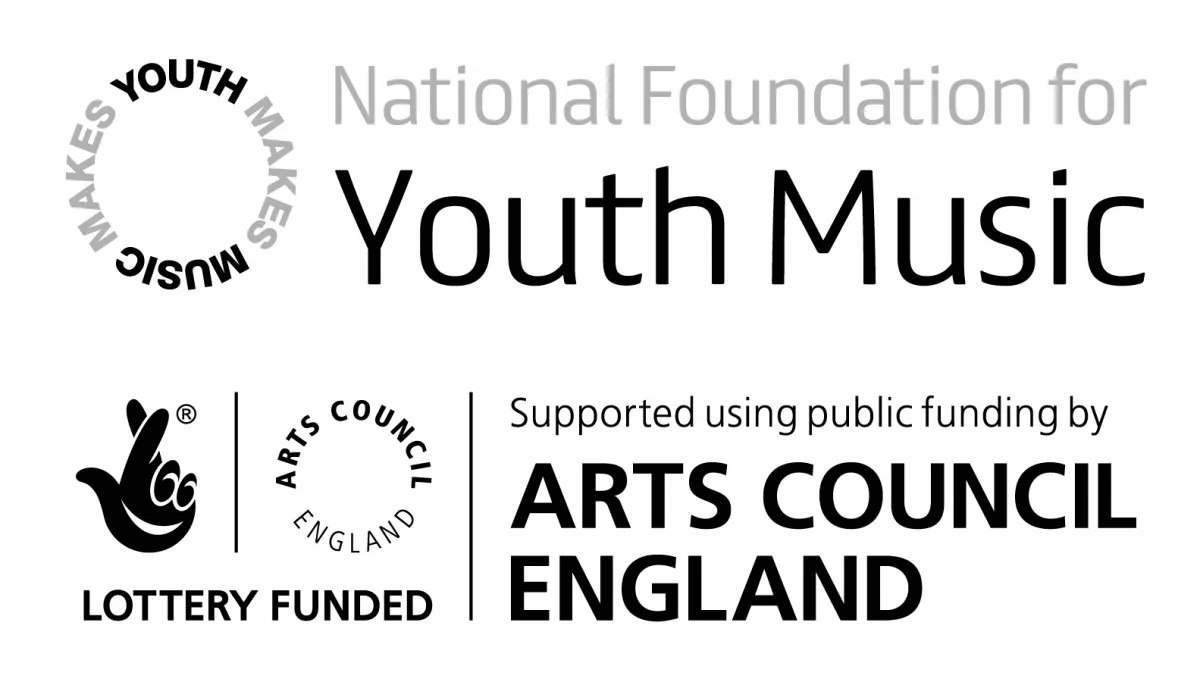Every year, our artists from around the world come together with hundreds of school children across the UK to create beautiful music for Harmonise, our school programme. This year, the kids can’t wait to perform on 29 June at The Bridgewater Hall in Manchester.
After escaping conflict or persecution, many refugee and asylum seeker children still feel isolated and misunderstood. We created Harmonise to inspire empathy between refugees and children of all backgrounds.
Musicians from Syria, Congo, Ethiopia, Romania, Iran, Bosnia-Hercegovina and more choose their favourite songs to teach the kids, as well as creating original music together.
We caught up with Sanja Govorćin, a professional musician originally from Bosnia Hercegovina who lit up our Manchester programme over the last 2 years.
As an expert in music education with first hand experience of war and displacement, she talked to us about the programme, why music is important and what music can teach us about culture and conflict.

Tell us a bit about yourself
Sanja: I was born in Mostar, Bosnia and Hercegovina, and moved to Salzburg in Austria with my family during the war, in 1992.
Music has always been my companion in life. My father was a guitarist and singer, and especially popular music was part of our everyday life, we used to sing together at major events, but also sometimes just after a dinner with friends and family.
How does Harmonise compare with other school programmes? Have you learned anything new from your experience on the programme?
S: I love doing music programmes in schools, as they offer a huge opportunity for personal development for each student, as well as the whole class. Pupils spend everyday in a similar setting, and they usually have good, as probably semi-good teachers.
It is always fascinating to see how much potential there is within a group, who might or might not get on with each other so well. However, they always come up with interesting ideas and songs, and they get to know new facets of themselves which they might not have seen before.
With Harmonise, it is very special, as we not only “work” with the students, but we get to know each other as we also take time to reflect upon the activities and songs.
Why do you think Harmonise is important?
S: Harmonise offers a lot of opportunity to grow through games and music activities, especially with the intention of raising awareness towards people with refugee and Roma backgrounds. I think that’s the work that is so desperately needed in the UK. We are so comfortable here in our comparably stable society, that we tend to have a blurred picture of what it means to be or feel forced to leave one’s home country.
The work of Harmonise for me is basically about fighting ignorance through telling real stories, and giving kids and young people the chance to ask questions. They are the ones whose opinions are being shaped in a positive or rather negative direction, they get all the true or untrue information from TV and their parents. Media does definitely not represent the whole story, so it’s really useful to let them know what’s ‘also’ happening for a person with a refugee background or another ethnic background that might not be so familiar to them. And finally it’s about encouraging them to process these stories through finding words and music for it. I think every classroom, every community would need this opportunity on a regular basis
What change have you seen among children you’ve worked with?
S: I have seen that through the language of music people really come together and start to understand each other, very simple. Not only in terms of language, but in terms of their own concepts (culture, religion, ethnicity.). Through playing games, fun activities and music these concepts almost fall apart. With Harmonise, I love that the work takes place on so many different levels, that every pupil can find a space where they can get their questions answered and understand each other.
Also, it is such a valuable experience for a child from a refugee background to hear about others having had a similar experience, and even getting the chance to talk about their own situation. As I have a kind of similar experience in that matter, I can identify with this feeling very well. It is very soothing to be able to tell one’s own story, through talking, but even more so through music.
Why do you personally think music is a useful tool to use in the classroom?
S: I have used short sequences of music making even in my language classes, and I could see that it literally changed some of my pupils mindset, if only for the lesson. Music in the classroom (and in general) can help centre/concentrate and relax at the same time, that’s what you need for successful learning.
Join us for a vibrant FREE performances at The Bridgewater Hall in Manchester on 29th June @1pm celebrating creativity and humanity.
Follow the kids’ journey on Facebook, Instagram and Twitter.
“When you work together with love
you can achieve anything.”
Amir, Survivor


